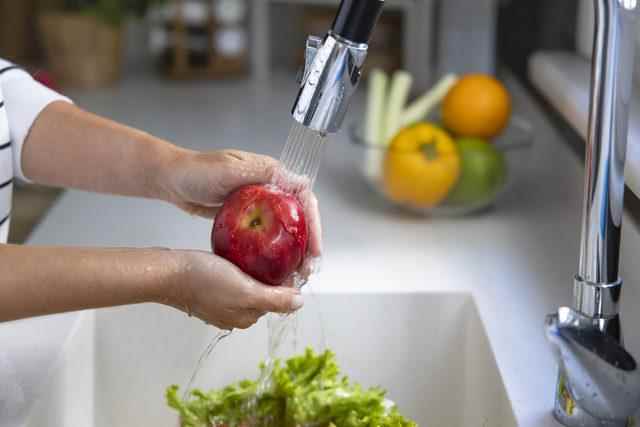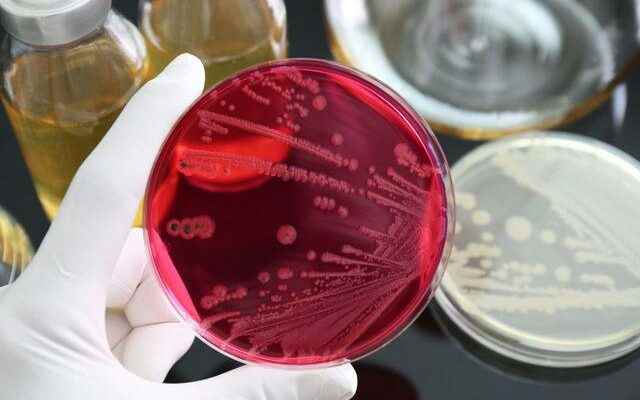Bacterial growth is observed in foods that are stored, prepared and cooked in bad conditions.
Bacteria prefer foods rich in Potentially Dangerous Foods in terms of protein, such as meat, milk, chicken, fish, eggs, to reproduce. If the hygiene rules are not followed during the preparation of the food, bacteria from various sources can be contaminated with the food. The most important point here is to provide personal hygiene conditions. Dietitian Pınar Demirkaya gave information about the subject.
HOW TO PREVENT FOOD POISONING?
In addition, important points to be considered during the preparation and cooking stages;
- Wash vegetables and fruits with plenty of water.
- Use different knives and chopping boards for meat and vegetables.
- Do not use broken or cracked eggs.
- Stir at regular intervals in order to cook the food well and to ensure the heat distribution in the pot.
- Store in the refrigerator without keeping it at room temperature for more than two hours (the temperature range with the highest bacterial growth is between 5 – 65 degrees),
- Heat up as much food as you will consume to 75 degrees.
- When purchasing frozen foods, make sure that the cold chain is not broken. Do not buy with ice crystals inside or under the packaging.
- Especially store frozen foods in their original packages at (-18)˚C and below.
- The most suitable thawing methods for frozen foods are to thaw them at refrigerator temperature, in their original packaging, under running water or in a microwave oven.
- When purchasing canned food, do not buy the ones with swollen upper and lower lids, damaged boxes, loose lids, broken or cracked ones.
- Cooked rice is also among the potentially dangerous foods.
BEWARE OF RE-HEATED RICE
Make meals containing rice in quantities to be consumed daily. If reheating is involved, do not reheat more than once. Nausea, vomiting and diarrhea are seen in order to remove toxins from the body. Consume plenty of fluids (clean drinking water, buttermilk, unsweetened tea) to maintain the body fluid-electrolyte balance without using a drug that prevents them.

Rice porridge, boiled potatoes, sour apples, etc., until your diarrhea passes. consume foods. Consume the vegetables after cooking and after washing and peeling the fruits. Fruits such as plums, apricots, figs, grapes, and watermelons should not be eaten as they increase bowel movements.
